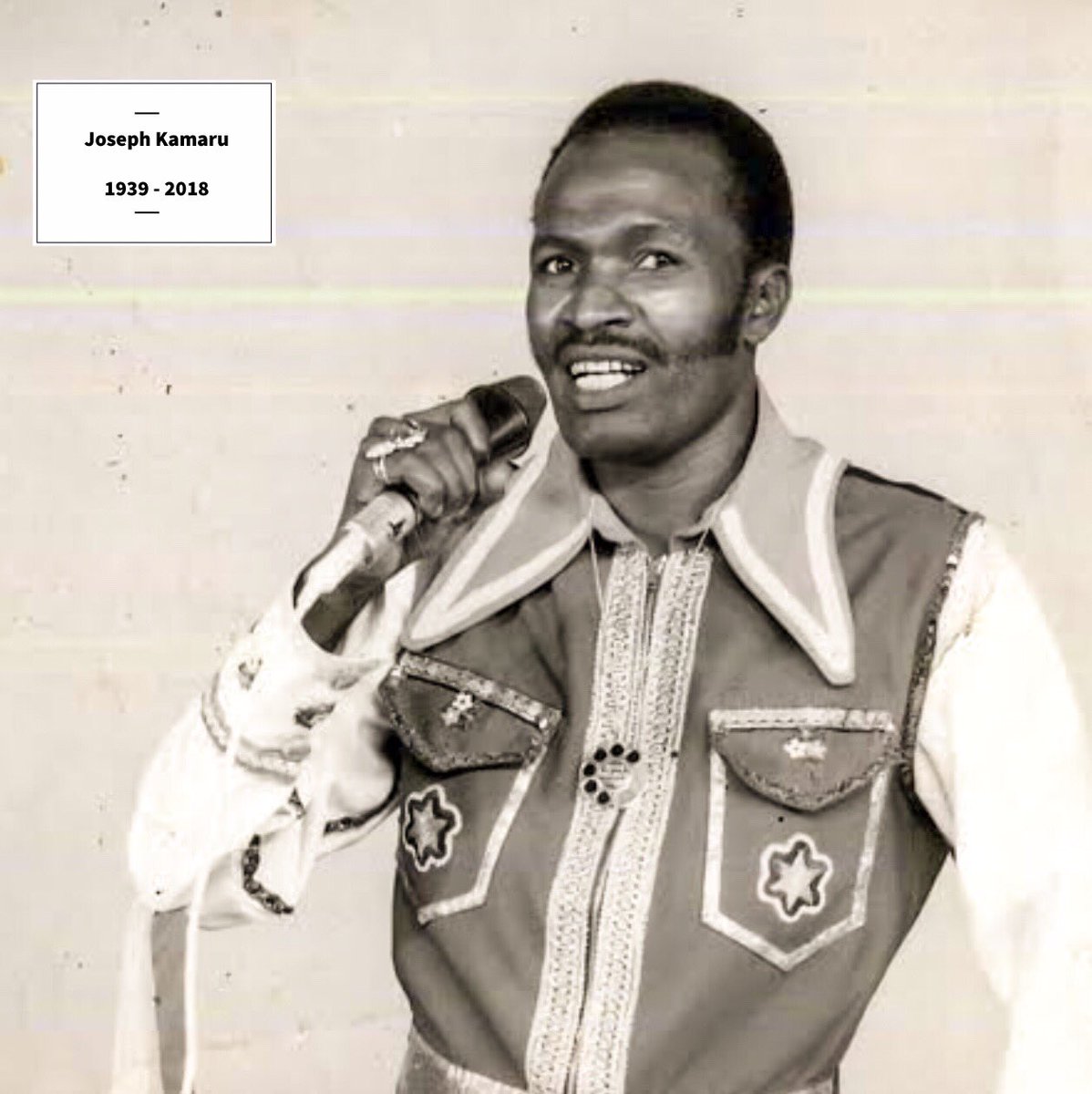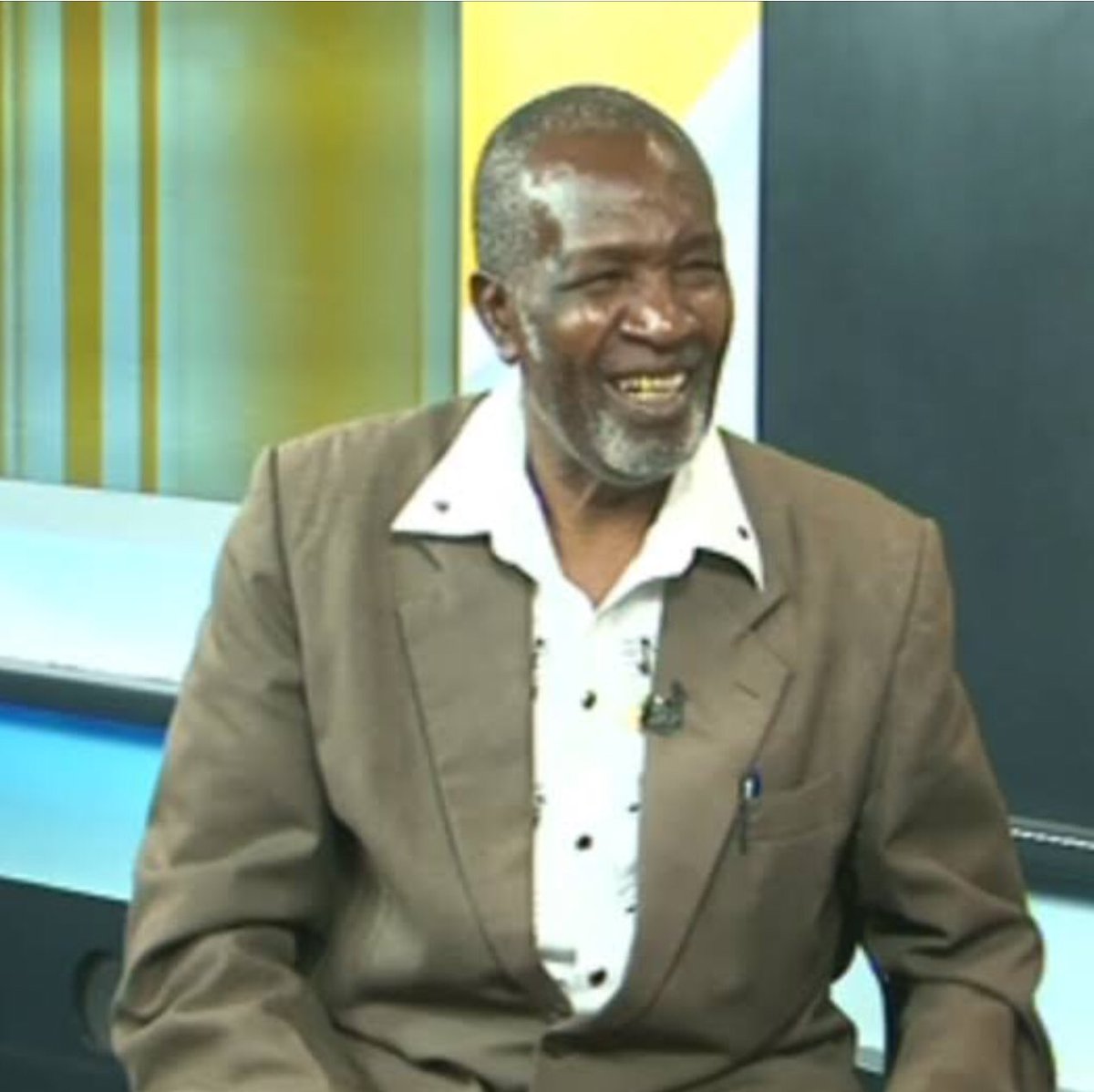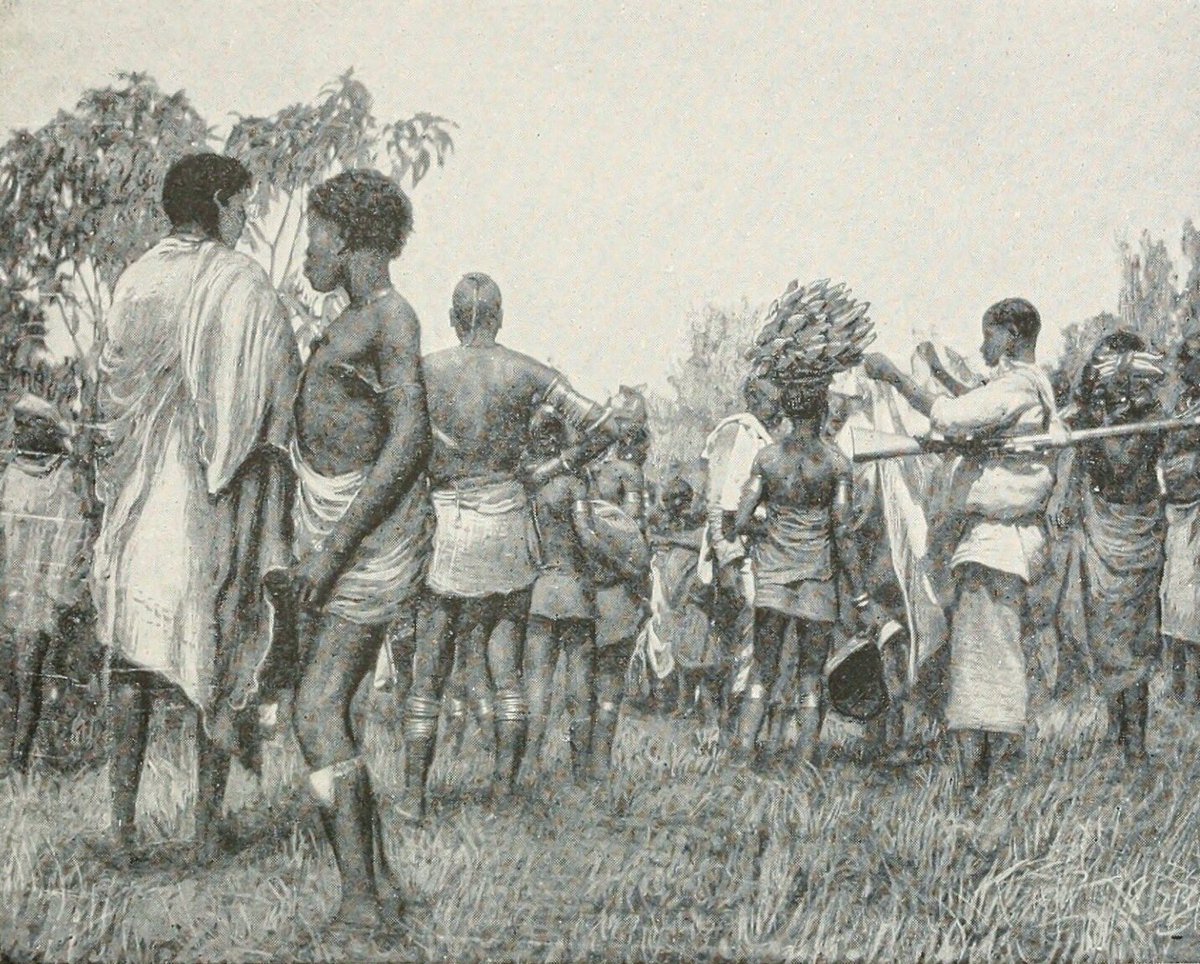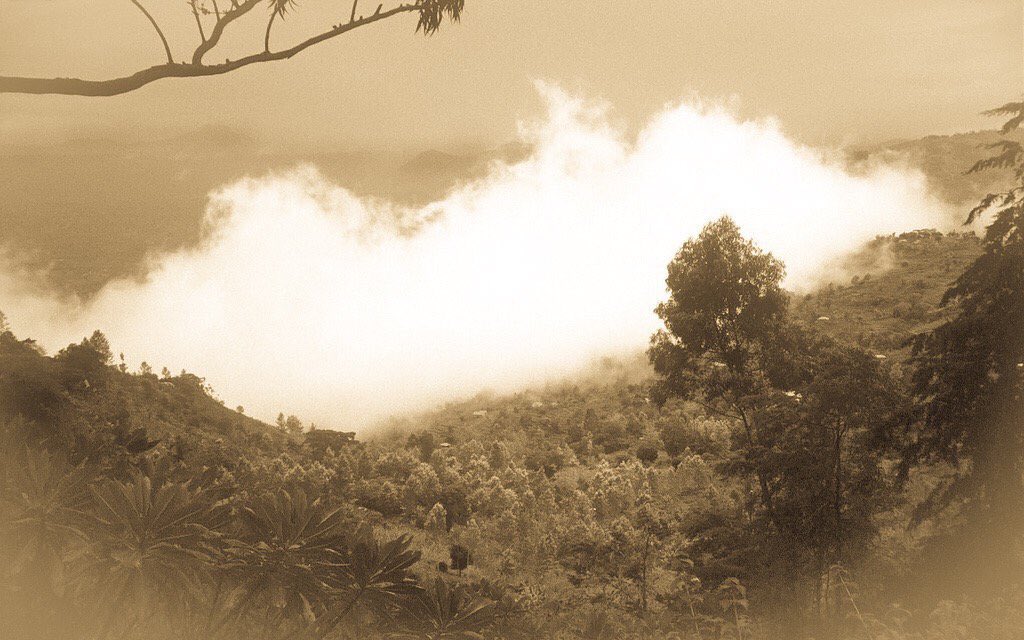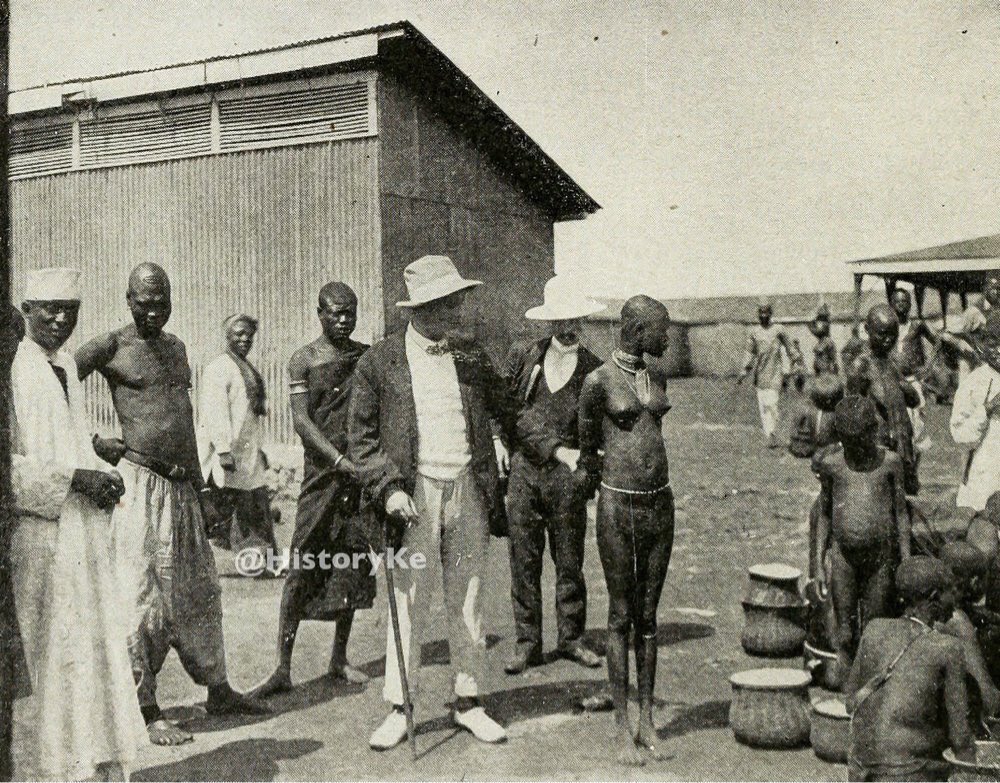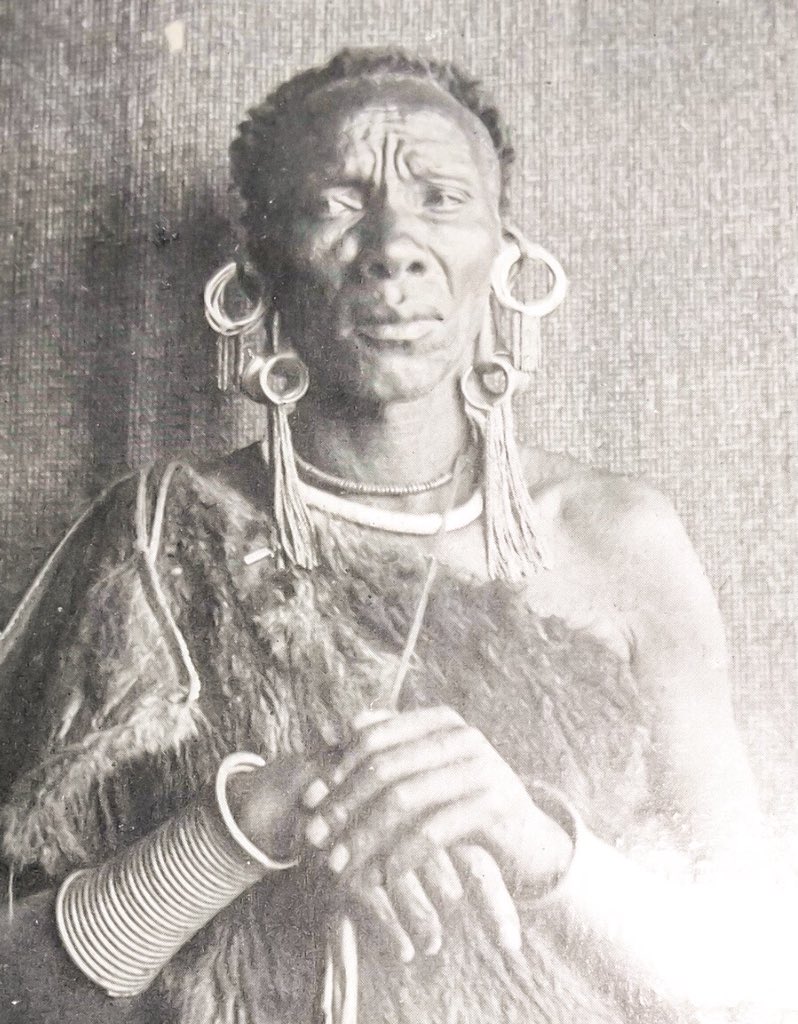#HistoryKeThread
Krapf’s Tough Crusade
In July, 1846, pioneering missionary Ludwig Krapf struggled to attend to his ailing, bed-ridden wife.
Krapf had suffered a debilitating fever and so had his wife, Mrs. Dietrich Krapf, who was in a worse state....
Krapf’s Tough Crusade
In July, 1846, pioneering missionary Ludwig Krapf struggled to attend to his ailing, bed-ridden wife.
Krapf had suffered a debilitating fever and so had his wife, Mrs. Dietrich Krapf, who was in a worse state....
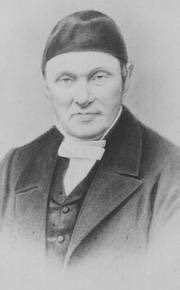
She had days earlier given birth to a baby girl at their budding Rabai mission.
Hours to her death, she asked Krapf to bury her right there at Rabai, saying she needed her remains to "constantly remind the passersby of the great object which...
Hours to her death, she asked Krapf to bury her right there at Rabai, saying she needed her remains to "constantly remind the passersby of the great object which...
...had brought the servants of the church of Christ to their country...."
Krapf would much later write that his wife "wished to be preaching to them by the lonely spot which encloses her earthly remains."
Krapf would much later write that his wife "wished to be preaching to them by the lonely spot which encloses her earthly remains."
On the morning of Saturday, 13th July 1846, she breathed her last. Weak from fever, Krapf himself could hardly get up from his bed. He looked on helplessly as she faded away every moment, her pale eyes and recoiling body telling him only too well that she was gone...
On the next morning, a Sunday, they buried her. Krapf just managed to struggle over to the graveside. On his return, he found that his baby daughter also was ill. She passed away during the night, and was laid to rest by her mother's side.
The double tragedy must have undoubtedly inflicted quite a heavy blow on the German missionary's spirits. Yet amidst the ordeal, Krapf found the energy to write a defiant letter to his employer, the Church Missionary Society. 
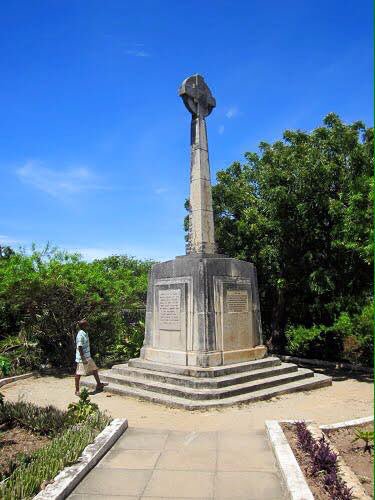
"Tell the committee that in East Africa there is a lonely grave of one member of the mission connected with your society....
...this is an indication that you have begun the conflict in this part of the world; and since the conquests of the church are won over the graves...
...this is an indication that you have begun the conflict in this part of the world; and since the conquests of the church are won over the graves...
...of many of its members, you may be all the more assured that the time has come when you are called to work for the conversion of Africa. Think not of the victims who in this glorious warfare may suffer or fall; only press forward until East & West Africa are united in Christ."
Ironically, the loss of Krapf's wife meant that he could now focus on the mission for which he had been consecrated, preaching to the Wanyika, teaching their kids basic reading and writing, and even starting work on a Kiswahili translation of the Bible. 
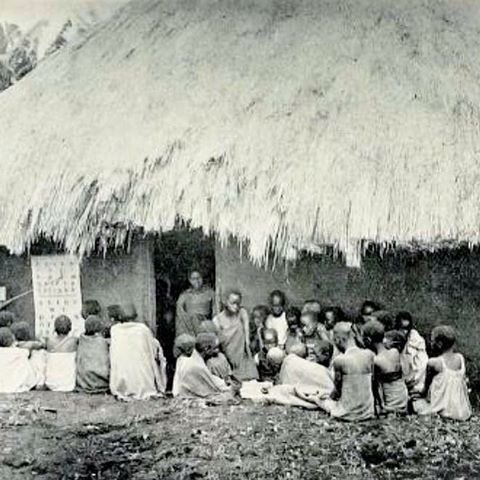
In his missionary work, Krapf had brushes with death a number of times. And if he survived, as he did several times, there was evidently a celestial hand, albeit invisible, insulating him from fate.
Soon after the death of his wife, he felt strong and healthy again. He decided to make a journey to Ukambani, about 100 miles from Rabai, to start a further mission station.
But, midway, the journey ended in disaster. While he was travelling in company with a helpful native chief, some warriors - he doesn't state in his memoirs from which tribal force - attacked the chief and his retinue of followers.
The chief was slain, his followers were scattered, and the missionary, who was spared, suddenly found himself abandoned by both friend and foe.
Suffering from hunger and thirst, Krapf tried to retrace his bearing and at last reached a Wakamba village in a state of...
Suffering from hunger and thirst, Krapf tried to retrace his bearing and at last reached a Wakamba village in a state of...
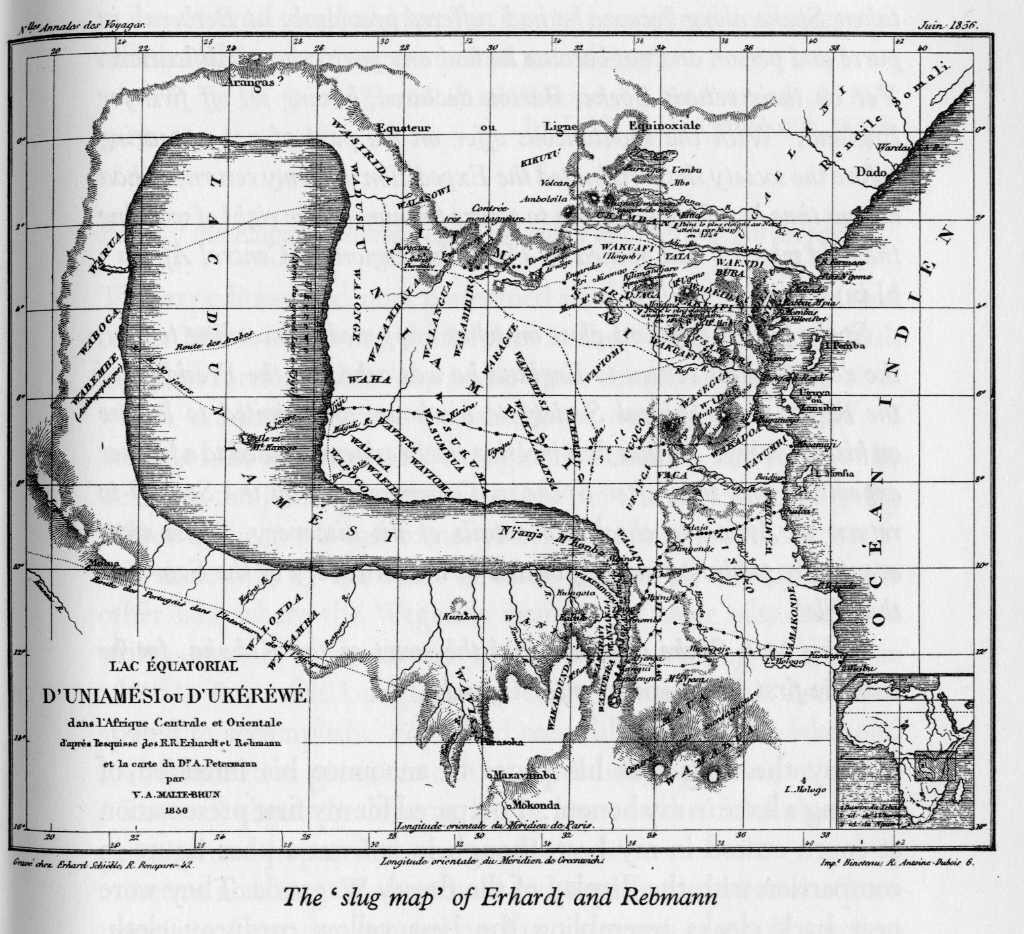
...complete exhaustion.
Afraid that villagers would plot to kill him, he fled in the dead of night towards Yatta. But, still, he wasn't sure the path he had set himself on was the right one and, in despair, returned to the same village at dawn after trudging for a few miles.
Afraid that villagers would plot to kill him, he fled in the dead of night towards Yatta. But, still, he wasn't sure the path he had set himself on was the right one and, in despair, returned to the same village at dawn after trudging for a few miles.
"Kill me if you will," he said, "but you must take the consequences."
On the other hand, if they allowed him to live in peace, he promised to give them a portion of the property he had left behind at Yatta. To this the villagers agreed.
On the other hand, if they allowed him to live in peace, he promised to give them a portion of the property he had left behind at Yatta. To this the villagers agreed.
Krapf made good his promise and was allowed to head coastwards, arriving at Rabai after nine days' travelling, to the great joy of his mission assistants, who were already convinced that he was dead.
• • •
Missing some Tweet in this thread? You can try to
force a refresh


